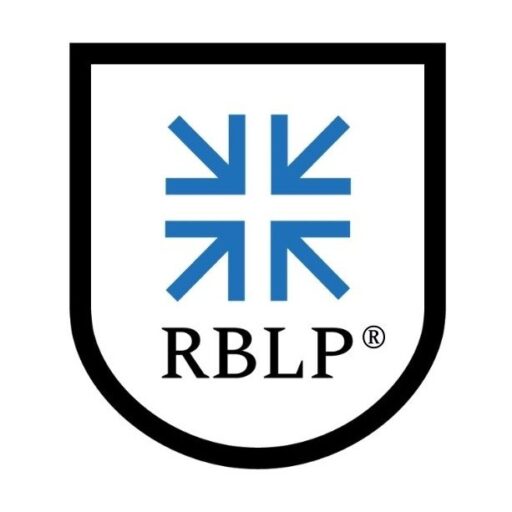Team Learning
Work is a team sport. Team learning is a continuous cycle of experiencing, reflecting, deciding, and acting together to improve, innovate, and solve problems. Leaders coach their teams through this cycle of experiential learning. Every experience a team has can be learned from by reflecting on what happened and why. This critical examination then informs decision-making about what needs to change. Those decisions are followed by action, where teams put plans into motion. This cycle repeats as each action creates new experiences, ensuring that learning never stops. Team learning is the foundation of organizational learning.
Leader Task 1: Analyze team learning capacity.
- Know how teams learn from experience to improve, innovate, and solve problems.
- Know what happens during the experiencing stage
- Know what happens during the reflecting stage.
- Know what happens during the deciding stage.
- Know what happens during the acting stage.
Leader Task 2: Set collective goals for teams.
- Know why collective goals are important for teams.
- Know how stretch goals drive improvement, innovation, and problem-solving.
- Know what stretch goals are.
Leader Task 3: Encourage constructive dialogue.
- Know why constructive dialogue is important for teams.
- Know how psychological safety makes constructive dialogue possible.
- Know what psychological safety is.
Leader Task 4: Build new mental models.
- Know why mental models are important for teams.
- Know how entrenched mental models impact improvement, innovation, and problem-solving.
- Know what single-loop learning is.
- Know what double-loop learning is.

